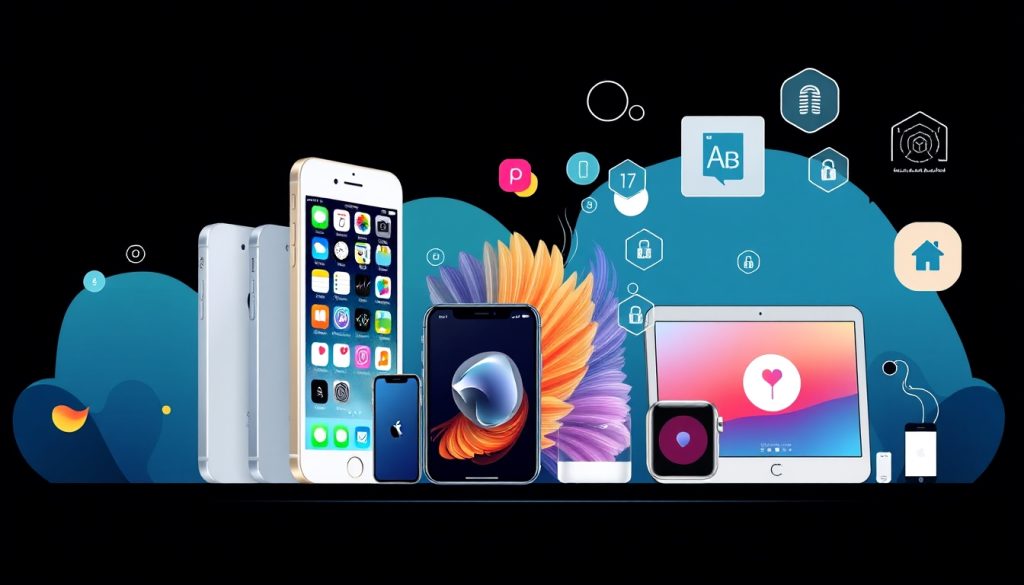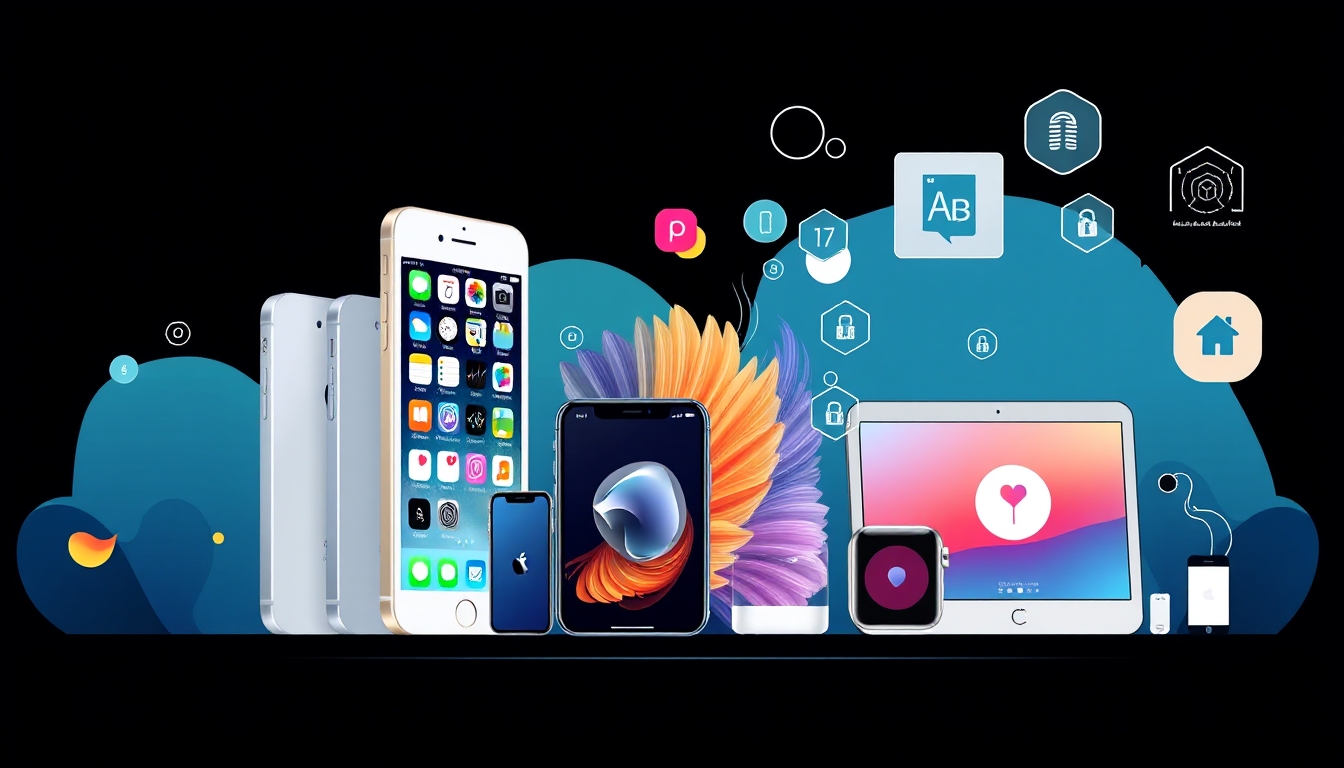
The iPhone has transformed the way we live, work, and communicate, making it one of the most iconic devices in history. Since its introduction in 2007 by Steve Jobs, it has set new benchmarks in mobile technology, redefining the smartphone industry with each iteration.
The Birth of the iPhone
In 2007, the world witnessed a revolution when Apple launched the first iPhone. It wasn’t just a phone; it was a combination of an iPod, a camera, and a web browser in one sleek, touch-screen device. This multi-functional design, along with its intuitive interface, set it apart from the clunky mobile phones of the time. The iPhone introduced a new era of convenience by merging various devices into one compact tool.
Key Milestones in iPhone History
Over the years, the iPhone has evolved significantly, introducing groundbreaking features and enhancements. Some of the key milestones include:
- App Store (2008): The launch of the App Store with the iPhone 3G in 2008 opened up a whole new world for developers and users alike. It allowed third-party apps to be downloaded, paving the way for the modern app ecosystem.
- Retina Display (2010): The iPhone 4 brought the Retina Display, which boasted sharper images and crisper text. This display revolutionized the way we view content on our phones, making high-definition the standard.
- Touch ID (2013): The introduction of Touch ID with the iPhone 5s marked a turning point in mobile security. Fingerprint recognition technology not only enhanced security but also improved user convenience.
- Face ID (2017): Apple took biometric security to the next level with Face ID, which debuted with the iPhone X. This technology allowed users to unlock their phones using facial recognition, setting a new standard for smartphone security.
- 5G and LiDAR (2020): The iPhone 12 lineup embraced 5G technology, offering faster download speeds and smoother connectivity. The Pro models also featured LiDAR scanners for improved augmented reality (AR) experiences and enhanced photography.
iPhone and Its Ecosystem
What truly sets the iPhone apart is its seamless integration with Apple’s ecosystem. From syncing across devices like the iPad, Apple Watch, and MacBook to services like iCloud, Apple Music, and AirDrop, the iPhone acts as a hub for a connected lifestyle. This ecosystem not only enhances productivity but also offers a unified user experience that is hard to replicate.
The Future of the iPhone
Looking ahead, the iPhone is expected to continue evolving with advancements in AI, AR, and sustainability. Future models may feature more powerful processors, improved battery life, and even greater integration with wearable devices and smart home technology.
In conclusion, the iPhone has been more than just a smartphone; it’s a symbol of innovation. From revolutionizing the mobile industry to creating a global platform for apps, it continues to shape the future of technology. As it evolves, it will undoubtedly remain a crucial part of our digital lives.


